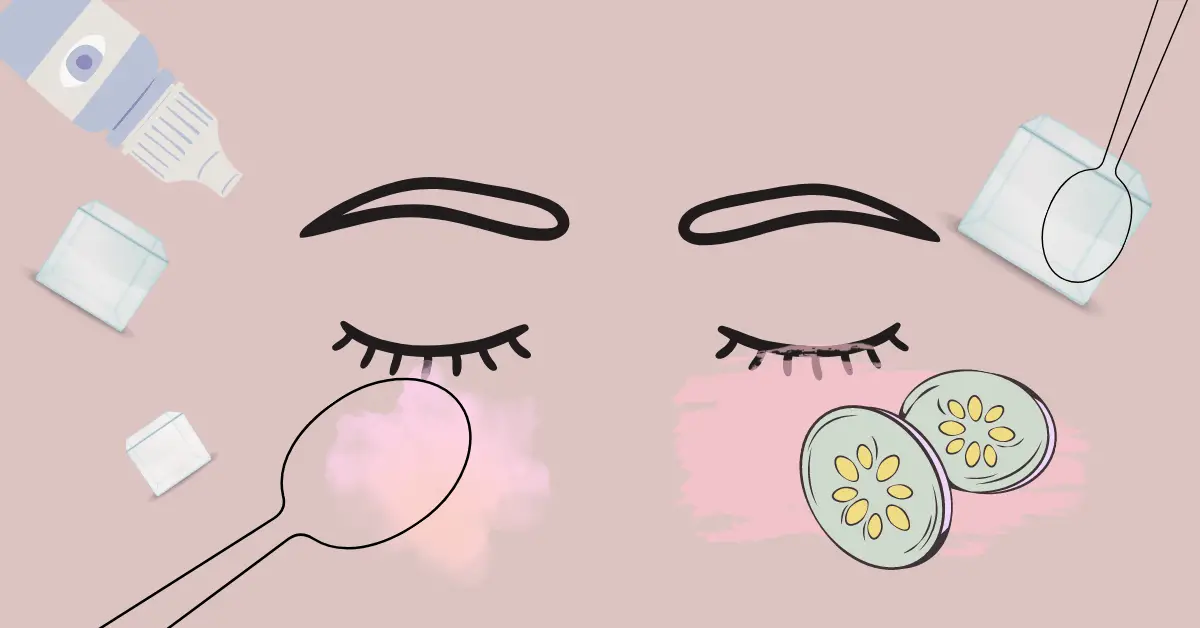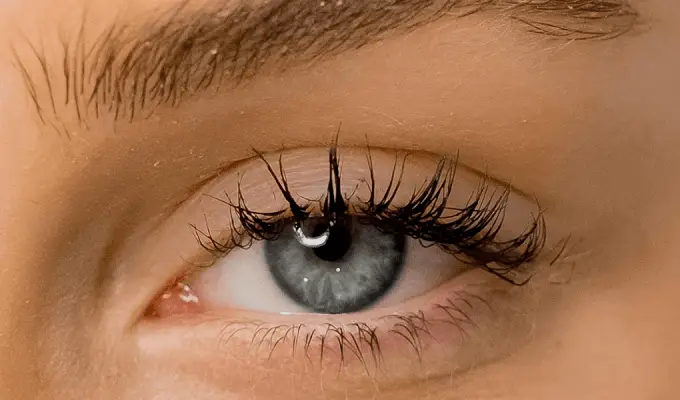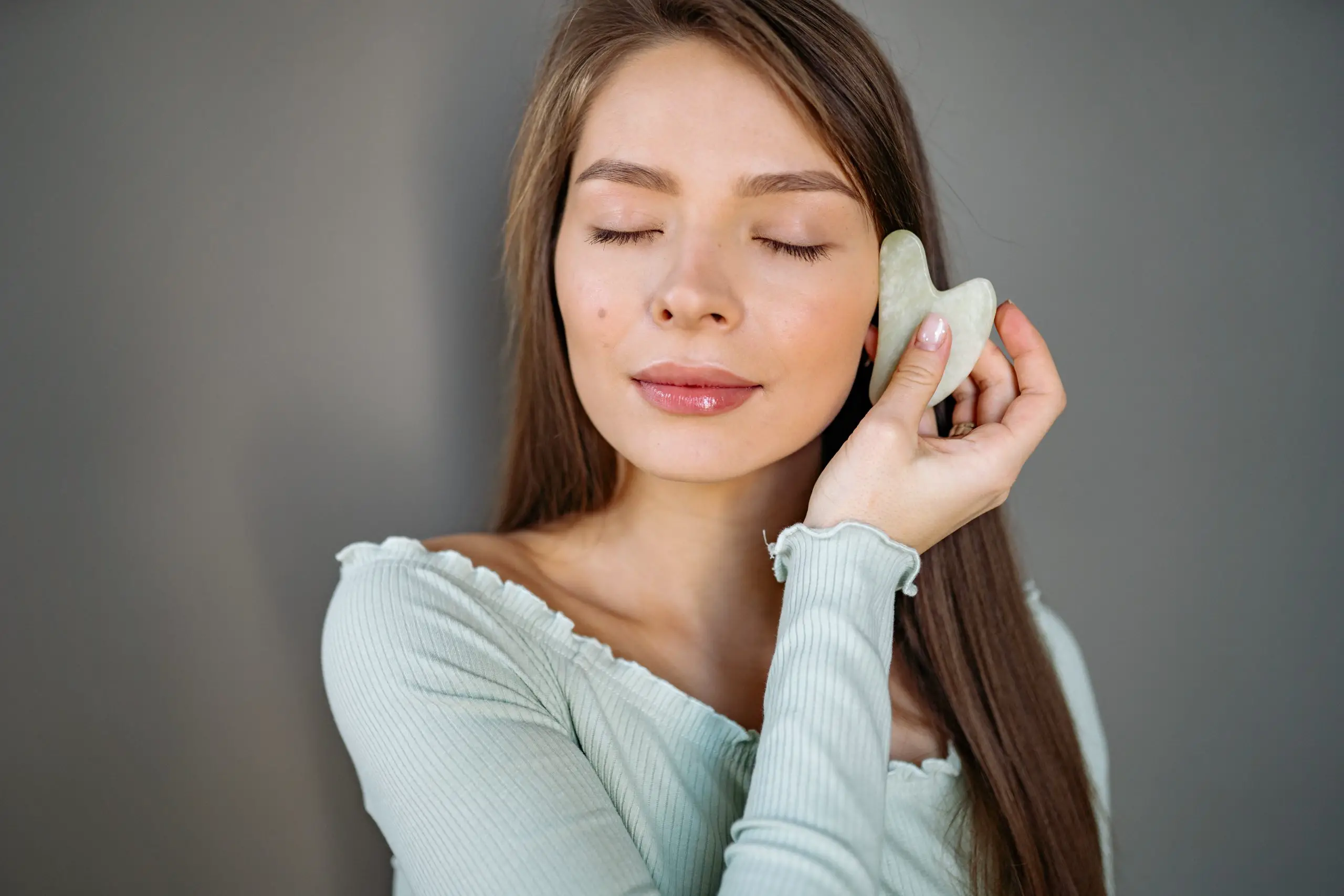Are you feeling like it’s impossible to hide the fact that you’ve been crying? Red eyes can make it feel like a dead giveaway, even when the rest of your face looks ordinary. Nobody wants to show a crying face to avoid stupid or painful questions. But don’t worry – if you’re looking for ways to get rid of red eyes after an emotional moment, there are some simple steps you can take to reduce or completely eliminate any remaining evidence. In this blog post, we’ll explore options ranging from using eye drops and warm compresses to changing your diet and wearing sunglasses as a preventative tactic. Keep reading for all the details on how to get rid of puffy eyes!

Why do we have puffy eyes from crying?
When we cry, our bodies produce an abundance of tears and other bodily fluids that can lead to swelling and puffiness around the eyes. This is because crying stimulates the release of hormones like prolactin, oxytocin, endorphins, and vasopressin which are responsible for producing tears and activating various biochemical processes in the body. These hormones trigger a cascade of reactions that cause your facial muscles to contract, increasing fluid retention underneath your eyes which then causes them to swell. In addition to this, crying also increases blood flow to the tear glands which can add to the puffiness.
Usually, it is not dangerous for your health. The puffy eyes from crying are actually a normal physiological response, but some people experience it more pronounced than others due to individual differences such as lifestyle factors like diet or genetics. Additionally, environmental factors like dehydration or allergies may contribute to puffiness around the eyes following bouts of emotional outbursts.
Causes of Puffy Eyes From Crying
To choose the optimal solution, you should understand the reason for such a condition. Maybe, there are additional circumstances that cause irritations. A bit lower, you may find how to reduce eye swelling depending on the reason.
- Excessive tears cause inflammation, which then causes puffiness around the eyes
- Eyebags can appear when you have been crying for a long period of time
- Allergies, fatigue, and genetics can also contribute to puffiness around the eyes after crying
- Rubbing or wiping away excessive tears with hands or tissues can cause further irritation and lead to redness, puffiness, and swelling around the eyes
- Dehydration is another possible cause of puffy eyes from crying
Tips To Reduce Puffy Eyes From Crying
- Start by using a cold compress on your eyes for about 10 minutes – this will help reduce swelling and reduce puffiness quickly – that is the main rule on how to get rid of eye bags in minutes
- Take a warm shower – the steam helps open up skin pores and releases excess water that could be causing puffiness
- Cucumbers are known to help reduce under-eye darkness and puffiness due to their cooling properties – place cucumber slices over your closed eyelids for 15 minutes to see the results
- Place two spoons in the freezer for at least 15 minutes then place them over your closed eyelids – like with cucumbers, this will help reduce under-eye darkness and puffiness due to their cooling properties
- Put two green tea bags into hot water and allow them to steep for 5 minutes – remove the tea bags before they become too hot then apply them onto your closed eyelids for about 10 minutes – this helps reduce inflammation in the area as well as reduces redness
Related articles
How to get rid of red eyes from crying
There are 2 main problems: visible swelling and redness. A bit lower you may find solutions for how to get rid of puffy under eyes and how to reduce eye swelling. Some of the approaches may include applying remedies inside, e.g. eyedrops for crying eyes.
1. Use a cool damp cloth or cloth soaked in cold water to make the whites of your eyes look normal again. Dab it over your eyelids gently. This will help soothe your eyes and that is the general stage in the “ how to depuff eyes” scheme.
2. Try eyedrops for allergy sufferers. Eye drops can also be helpful for redness, as they can provide relief from the dryness that often comes with crying. Also, it will be helpful if you have an eye itch. If you have allergies, try using preservative-free eye drops to avoid any irritation. That is a solution for users, who search for “ swollen eyelid treatment fast”
3. Try eyes comfort-maker drops. Visine is another great product for reducing redness and bringing a more natural white to the eyes. It works by shrinking the blood vessels in the eyes, which helps reduce redness and strain on the eyes after crying. The common users of Visine are people, who work with computers all day long. Also, it medically reviewed.
4. Apply cooling eye gel or eye cream under the eyes. Components like cucumber extract or green tea extract, as these ingredients are mild yet very effective at calming down inflammation and brightening tired or puffy eyes and under-eye area.
5. Try castor or almond oil. To hydrate further around the tear ducts, you can apply a few drops on cotton swabs and gently dab underneath each eye area before going to bed at night; this will help replenish lost moisture while keeping away puffiness during sleep time too! Sometimes, dryness is the main mystery in how to get rid of swollen eyes quiz.
6. Splash cold water onto your face. You need to do it several times throughout; not only does it refresh and invigorate skin but it also helps reduce swelling around the delicate eye area due to its anti-inflammatory properties.
7. Put tea bags under the eyes. It may also be used for soothing tired or red eyes; Steep 2 bags in hot water for about 5 minutes and then let them cool down before placing them over your closed eyes for about 10 minutes – this will help reduce puffiness around sensitive areas near the eye socket as well!
8. Take Omega. In addition to external remedies, consuming certain foods such as omega-3 fatty acids (found in fish like salmon) are known to help strengthen capillary walls which can prevent further discoloration of the whites of the eyes due to crying episodes in the future too! Additionally, that is a great boost for your health.
9. Increase your vitamin E level. Consume foods rich in vitamin E like nuts, seeds, spinach & avocados as they are known antioxidants that protect cells from damage caused by free radicals; this helps protect skin cells around our delicate peepers from drying out due to sun exposure hence keeping whites of our eye looking more refreshed even after bouts of tears!
10. Drink a lot. Finally, consider drinking plenty of water throughout the day – dehydration can lead to fatigue & increased redness around all parts of the face including the whites of the eyes so staying hydrated will ensure they stay clear & healthy no matter how much we’ve been crying earlier!
Makeup tips to hide puffy eyes
Well, you know how to reduce puffy eyes including invasive methods. What about camouflage? When it comes to hiding puffy eyes, the most important thing is to conceal the bags and dark circles around them. Use our tips not to make things worse.
- Use a concealer with a yellow pigment. Yellow neutralizes the blue, brown, and purple hues.
- If your under-eye bags are not dark, but red, use a green corrector under your concealer and blend it.
- Avoid red and pink shades. Those colors will make you look even more tired.
- Use full-coverage concealer and foundation.
- Wear sunglasses to avoid crying
Unobvious reasons why your face may look swollen
There are other reasons why you may have puffy eyes. Puffy eyes can have many causes other than allergies.
- Illness can be a major reason for puffy eyes. Common illnesses such as the flu, common colds, or sinus infections can cause inflammation in the nasal passages and lead to puffiness in the eyes.
- Drinking alcohol can also give you puffy eyes as alcohol is a diuretic that causes dehydration and water retention.
- Sleeping with your head lower than the rest of your body – such as when your head is facedown on a pillow can cause fluid to accumulate beneath the eyes and create puffiness.
- Lack of sleep and dieting can also contribute to eye puffiness.
- Eating salty foods or processed meals that are high in sodium with minimal fruits and vegetables will lead to increased water retention around the eyes.
- Prolonged exposure to irritants such as smoke or fumes may also contribute to swollen upper eyelid due to irritation of the tear ducts which leads to watery eyes that often appear puffy or swollen.
- Hormonal changes experienced during menstruation or pregnancy may cause temporary eye swelling due to increased histamine production associated with these events.
When puffy eyes are a marker of illness
Puffy eyes aren’t always indicative of emotional distress; they can also be caused by medical conditions such as conjunctivitis or blepharitis ( especially if your upper eyelid swollen). In these cases, it is best advised that you seek medical attention if your eyes remain swollen for more than 48 hours after an episode of crying.
Conclusion
In conclusion, puffy eyes are a natural consequence of crying due to an increase in hormones and blood flow in combination with individual lifestyle factors as well as environmental elements like dehydration or allergies. Allergies are not the only culprits when it comes to swollen or puffy eyes – they can be caused by a myriad of factors ranging from an unhealthy diet and lifestyle choices to underlying medical issues or even just sleeping position! It is important to note however that these symptoms may also be indicative of a medical condition and thus require professional medical assessment if they persist beyond two days.











